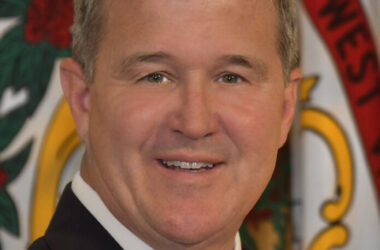The Daily Mail of Charleston, W.Va.:
Officials at West Virginia University complained last week that the health insurance plan for state employees charges the college too much.
WVU employees pay $54 million a year in premiums to the Public Employees Insurance Agency — but receive only $30 million in benefits annually, WVU officials told the agency’s board.
“There are just so many inequities with the way this thing has been designed,” said Toni Christian, WVU’s director of benefits administration. “We’re asking you to please take a look at this.”
That is because the Legislature a few years ago decided to replace a flat rate based on marital status and number of dependents to a system based on pay.
Employees who earn less are charged less, while bigger salaried employees pay more. This introduced a wealth redistribution element into the health insurance program.
There is another flaw. PEIA considers only the employee’s pay, not his household income, WVU officials said.
Here is how that may work: The spouse of a millionaire lawyer takes a part-time job with the state merely to get cheap health insurance.
“When you base the premiums on income, it creates all kinds of inequities,” Margaret Phillips, WVU’s vice president of human resources, told the PEIA board.
On top of that, employees who pay higher insurance premiums also pay higher deductibles and out-of-pocket expenses, Phillips said.
“We call it the triple whammy,” Phillips said. “We can find no other place that does that and penalizes employees who pay more for their benefit but get less.”
Basing a product’s on the income of the purchaser instead of the product’s cost and the demand for the product is a prescription for calamity.
No one sells cars that way.
Higher income people will not voluntarily subsidize the purchases made by others, especially if the others include the spouses of other high-income people.
The PEIA is stuck with this bad pricing schedule, but WVU may not be. Surely there is a private insurer that would love to provide $30 million in benefits for far less than $54 million a year. Officials should see if the university can opt out of this game.





